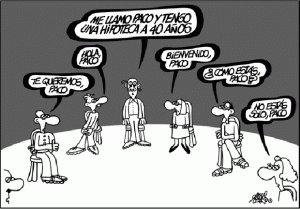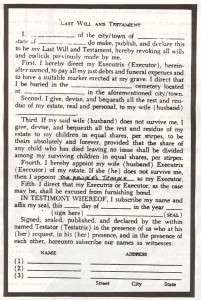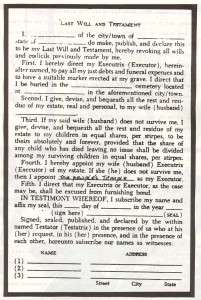CURB ON “FLOOR CLAUSES” IN MORTGAGE LOANS

On the 30 September 2010, Court no. 2 of Seville gave judgment declaring the “floor clause” introduced by the respondent entities Spanish bank BBVA, Saving Banks Cajamar and Caja de Ahorros de Galicia in the mortgage loan deeds formalised with them abusive and therefore null and void, for considering that the minimum threshold interest rates set by them are abusive and detrimental for the consumer.
Although the judgment has been appealed by the three financial entities mentioned, the Court has ordered the provisional application of the resolution. Therefore, as from 27 January 2011, they will not be able to include the said clause in their mortgage loans, and from 11 April, they will not be allowed to charge the clients with the difference between the minimum interest rate as per Euribor plus the interest rate agreed with the client, and the minimum threshold interest rate or “floor rate” set by the said bank entities in their mortgage loans.
The so called “floor clause” means that in times of low mortgage interest rates, such as the ones we have lived through and are living through at present, the client is committed to pay a set minimum interest rate, which means that even if interests go down, their mortgages cannot benefit from lower interest rates
According to ADICAE (Association of Banks, Saving Banks and Insurance Companies of Spain), in Spain, there are currently 3.8 million clients who have this “floor clause” included in their mortgage loans and have not been able to take advantage of lower mortgage interest rates over the last years. The said association considers that in 2010, Banks and Saving Banks obtained a revenue of 7,000 million euros thanks to these clauses. These results show the importance and relevance of this judgment.
Therefore, as from 11 April, the entities BBVA, Saving Banks Cajamar and Caja de Ahorros de Galicia are obliged to recalculate repayments in all loan agreements taking into account a variable interest rate according to the Euribor benchmark rate, plus the interest rate negotiated with the client, and not according to the minimum threshold interest rate or “floor rate” established in their mortgage loans. This means that, since the interest rates applicable will be lower, the monthly repayments of those clients who have a mortgage loan with any of these entities will decrease.
Commercial Court no. 11 of Madrid has currently admitted the biggest joint action filed in Spain against 45 bank entities for the application of these “floor clauses”. It is likely, that before the end of the year, we know if such a number of saving banks and banks have to follow the path of the other three mentioned, which will be the most logical and coherent outcome.
However, whichever the result, it is likely that this issue of “floor clauses” reaches the High Court, who will then be in charge of taking the definitive decision about these provisions being abusive or not.
In the meanwhile, I would advise you to check your mortgage loan deeds , so that you may see if you have benefited from this judgement and if from 11 March, your bank is applying the resolution.
We will keep you informed on new updates.
Author: Gustavo Calero Monereo, C&D Solicitors (lawyers)
Torrox-Costa (Malaga/Costa del Sol/Andalucia)












